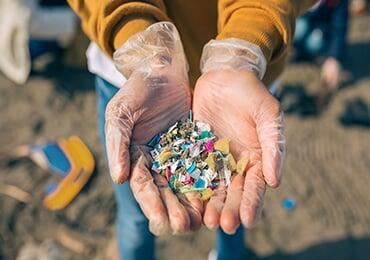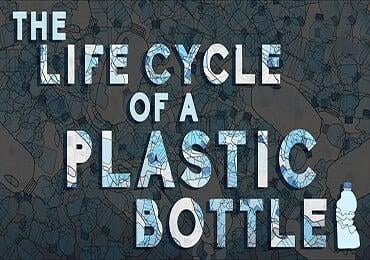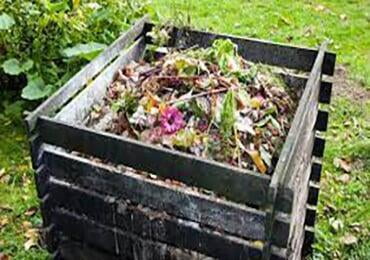
Thailand's bioplastics industry is expected to explode in the coming years. Behind the green "compostable" and "plastic-free" marketing campaigns associated with these materials, there are a number of issues that need to be addressed.
What do you think of when you hear...

Why do we need to limit and ban plastic? Take a look at this data set.
The global average consumption of 1 million plastic bags every 1 minute. The total annual global plastic consumption of 400 million tons. China consumes more than 60 million tons. Currently only 14% of global plastic packagin...

Polylactic acid (PLA) is one of the more maturely researched and applied degradable plastics. Its raw materials come from renewable plant fibers, corn, agricultural by-products, etc., which have good biodegradability. PLA has excellent mechanical properties, similar to polypropylene plastics, a...

PHA is a generic term for a large group of materials, synthesized by a large number of bacteria as intracellular polyesters. PHA is a completely biodegradable new biomaterial, and the only completely biosynthetic carbon neutral biodegradable material. Also, pure PHA products are ha...

In recent years, news about microplastic pollution has been commonplace, but it is the first time that microplastic contamination has been found deep in the lungs of a living person. on April 6, the British newspaper The Guardian reported the horrifying discovery. Samples for this study were ta...

Plastic pollution is a global challenge, and ending plastic pollution requires a global effort. Recently, the resumed Fifth United Nations Environment Assembly adopted the Draft Resolution on Ending Plastic Pollution.
Recently, the resumed Fifth United Nations Environment Assembly adopted the D...

Industrial and home composting
Industrial and home composting is based on the same principle, i.e. the final breakdown of compostable materials into carbon dioxide, water and biomass by microorganisms. The difference between the two is the significant difference in the composting environme...

The Union-Tribune reports on Feb. 16: Scientists warn that the chemical and plastic waste produced globally has greatly exceeded the limits of human or planetary safety, and the world urgently needs to set a cap on related production.
Research by the Stockholm Centre for Socio-Ecological System...

The demand for biodegradable materials is gradually increasing as people are increasingly interested in environmentally friendly packaging. People began to look for and develop some sustainable or ecologically recyclable environmentally friendly materials, biodegradable plastics when it is one ...

Plastic pollution, the ubiquitous problem of man-made emerging pollutants. Due to the inherent durability of plastics, they will accumulate and persist in the environment. Plastic particles may be formed from larger plastic fragments that break down, or they may be released from products that c...